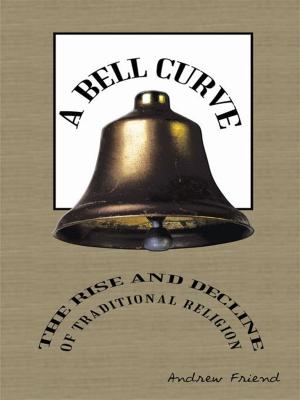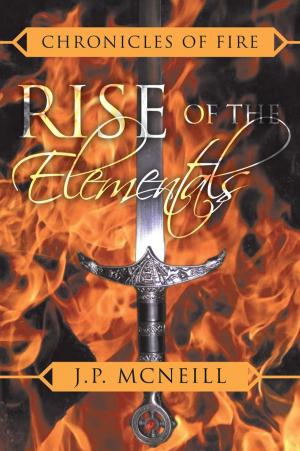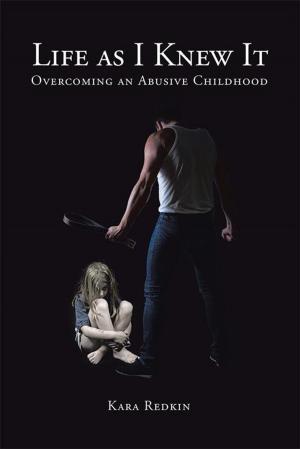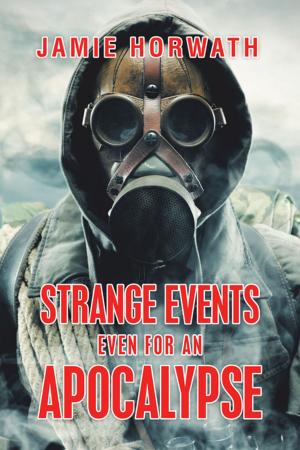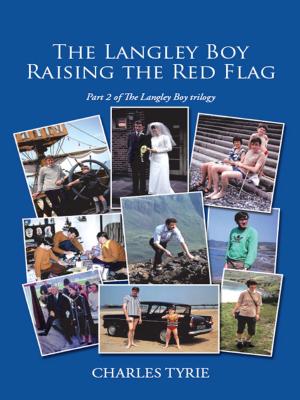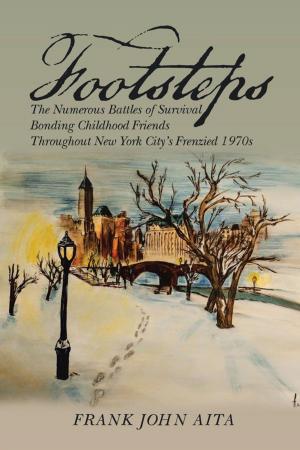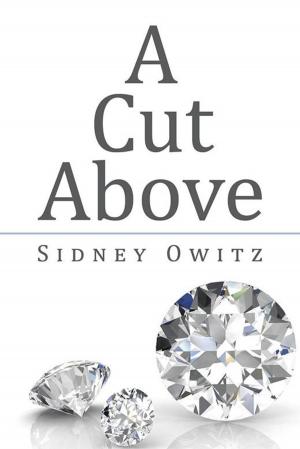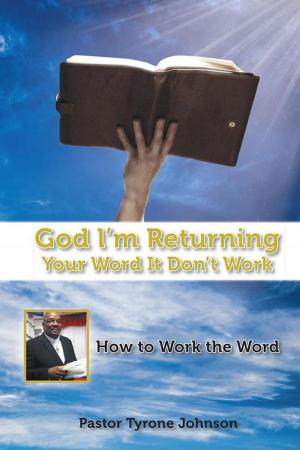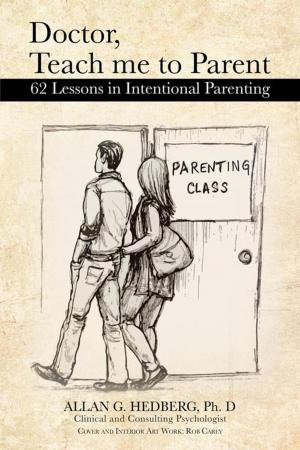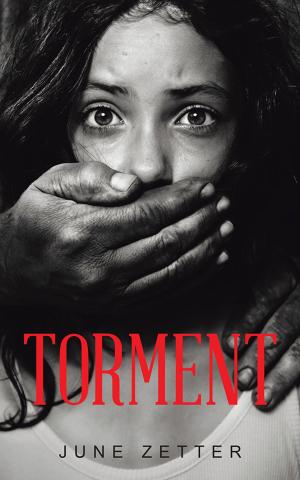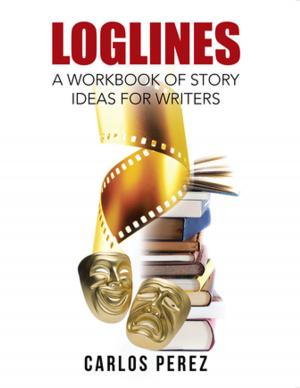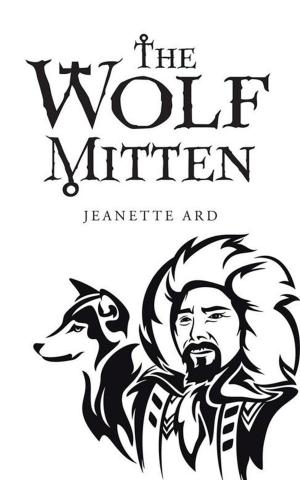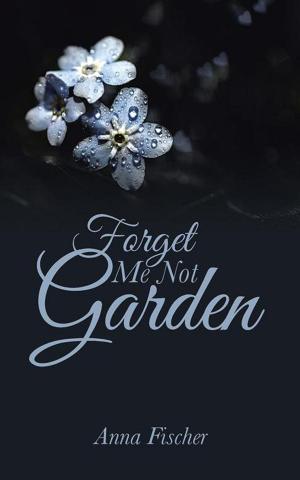| Author: | Roger Young | ISBN: | 9781496961075 |
| Publisher: | AuthorHouse | Publication: | December 19, 2015 |
| Imprint: | AuthorHouse | Language: | English |
| Author: | Roger Young |
| ISBN: | 9781496961075 |
| Publisher: | AuthorHouse |
| Publication: | December 19, 2015 |
| Imprint: | AuthorHouse |
| Language: | English |
Southern Rhodesia, Central Africa. In March 1914, occurred a mutiny at the Curragh Barracks, Dublin, Ireland, when the O/C refused an order from the Government in London to disarm political protesters in the North: Its wrong! he said. And its not a soldiers job, he added. Next day, in the lawless settlement of Queenstown in Rhodesia, their new trooper made a rule: No force may be initiated by anyone, including me. Its wrong, he said. And its my job, anyway. Which was shrugged off as being obvious till someone challenged it, with results so dire that no one ever tried again. Effectively, no force meant no government; which had to be replaced, so an Arbitrators Court was fixed on for disputes. But it also meant no licences or taxes, which brought something never before seen: employment. It also meant no regulations. A police patrol, unaware of the position, tried re-imposing them and was repulsed. Members of the troopers old patrol (Book One), sent to join him, frustrated two attempts on his life. A pair of pressmen, looking for a story, stayed to found a paper. The town was surveyed, sold by auction to its residents, and its squatter-status solved. The opposition (there were some) called for a debate and were demolished. Crooks arrived, sure of easy pickings (wrongly). A second market started: Uvelani. A police was always needed, so a way to finance one without the use of force devised. To protect potential customers was also needed, and a search began To those who say The book is to try and show, or that It isnt possible, the answer is No: forgotten, is that Queenstown had no alternative. 'Force is wrong' was absolute, and if they wanted to survive, what happened was the logical result. But can or does a free society work? Read on.
Southern Rhodesia, Central Africa. In March 1914, occurred a mutiny at the Curragh Barracks, Dublin, Ireland, when the O/C refused an order from the Government in London to disarm political protesters in the North: Its wrong! he said. And its not a soldiers job, he added. Next day, in the lawless settlement of Queenstown in Rhodesia, their new trooper made a rule: No force may be initiated by anyone, including me. Its wrong, he said. And its my job, anyway. Which was shrugged off as being obvious till someone challenged it, with results so dire that no one ever tried again. Effectively, no force meant no government; which had to be replaced, so an Arbitrators Court was fixed on for disputes. But it also meant no licences or taxes, which brought something never before seen: employment. It also meant no regulations. A police patrol, unaware of the position, tried re-imposing them and was repulsed. Members of the troopers old patrol (Book One), sent to join him, frustrated two attempts on his life. A pair of pressmen, looking for a story, stayed to found a paper. The town was surveyed, sold by auction to its residents, and its squatter-status solved. The opposition (there were some) called for a debate and were demolished. Crooks arrived, sure of easy pickings (wrongly). A second market started: Uvelani. A police was always needed, so a way to finance one without the use of force devised. To protect potential customers was also needed, and a search began To those who say The book is to try and show, or that It isnt possible, the answer is No: forgotten, is that Queenstown had no alternative. 'Force is wrong' was absolute, and if they wanted to survive, what happened was the logical result. But can or does a free society work? Read on.

